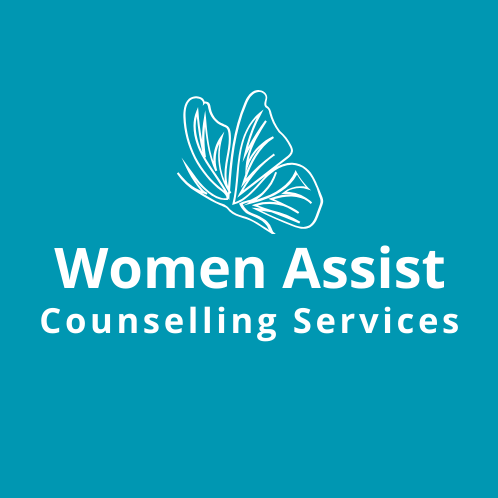The benefits of counselling consists of an improved amount of self-awareness and understanding of yourself and others. Sometimes it is easier to talk to a stranger than to relatives or friends.
Counsellor’s are trained to listen and help you find your own answers to problems without judging you! This can improve self-esteem, and becomes reflective in your personal relationships. Life feels more enjoyable and you start to feel better about yourself and who you are.
Talking therapy is most helpful for those going through a bad time or has emotional problems they cannot sort out on their own.
For some people, talking therapy may be the same or more effective than medication. The counsellor will give you time to talk, cry, shout or just think. It is an opportunity to look at your problems in a different way with someone who will respect you and your opinions.
Although there are lots of different types of talking therapy, they all have a similar aim which is to help you feel better. Some people say that talking therapies do not make their problems go away, but they find it easier to cope with them and feel happier.
Counselling can help if you have:
- depression
- anxiety
- post natal depression
- an eating disorder
- a phobia
- an addiction
- bipolar disorder
- schizophrenia
- borderline personality disorder
Counselling after difficult life events
If you are going through an upsetting and sad time, talking therapies can help you deal with it. This could be after a relative or friend has died, after finding out you have a serious illness, if you are struggling with parenting if you’ve lost your job.
Physical illness and counselling
People with long-term health conditions are more vulnerable to depression, and talking therapies have been proven to help.
Counselling may improve your quality of life if you have:
- diabetes
- heart disease
- mutliple sclerosis
- a stroke
Counselling and past abuse
If you have been physically or sexually abused, or experienced discrimination or racism, you may feel able to cope with life better after some counselling sessions/ talking therapy.
Counselling for relationship problems
Couples therapy can save a relationship that’s in trouble or help you through separation and divorce. Ideally, a couple should go to counselling together, but if your partner refuses to join you, counselling can help you sort out lots of things on your own.
Counselling for anger
Talking therapy can help people who find it difficult to keep their anger under control. Anger is a normal, healthy emotion. However, it can be a problem if you find it difficult to keep it under control. Therefore talking therapy with a counsellor can help you to explore ways to keep your anger under control.
In Conclusion
Counselling has many benefits. The experience of exploring your thoughts and feelings with a counsellor can relieve your sense that you are entirely alone with your problems. Greater self knowledge and understanding can improve your relationship with yourself and others and improve your self esteem. This in turn can promote the feeling that life can be enjoyed rather than endured!




I would like to thank you for the efforts you’ve put in writing this blog.
I just wanted to thank you for explaining the importance of counselling. It’s good to know that talking to a therapists has helped those with mental illnesses. It sounds important to make sure that you visit with them often, especially so that you can get constant help for your situation.
That’s definitely true that if someone has been physically or sexually abused or experience discrimination then if they receive counseling or therapy it would really help them. Sometimes victims blame themselves and think it is their fault something happened so this could help them see that they shouldn’t blame themselves. This could also help them open up and overcome past trauma so they can move forward and build stronger relationships.
You’ve got great insights about the Article, Thanks and keep up the good work!
This is a good,common sense article.Very helpful to one who is just finding the resouces about this part.It will certainly help educate me.